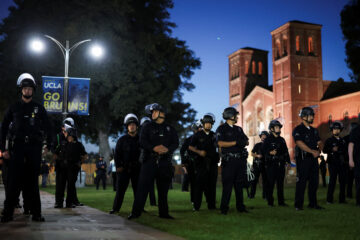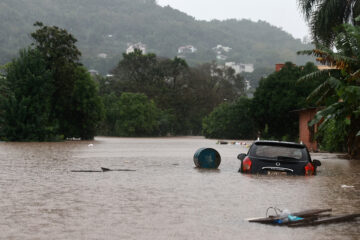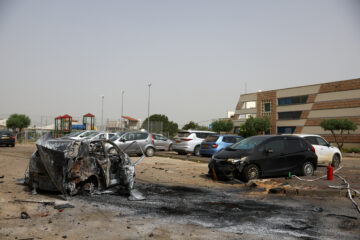Emergency funds for Nepal quake slow to come in, says UN
Reuters
Only a fraction of the emergency funds the United Nations has requested for victims of Nepal\’s earthquake have come in, U.N. officials said on Thursday, as crises around the world put unprecedented demands on international donors.
Of the $415 million requested by the U.N. and its partners last week, just $22.4 million has been provided.
"It\’s a poor response," Orla Fagan, spokeswoman for the United Nations Office for the Coordination of Humanitarian Affairs, told Reuters on Thursday.
Fagan attributed the shortage to "donor fatigue," citing more than a dozen other long-running international crises, such as the conflicts in Syria and Iraq, which are also making demands on donor nations.
The 7.8 earthquake that struck northwest of Nepal\’s capital Kathmandu on April 25 has killed at least 7,759 people, injured over 16,000, and destroyed more than 300,000 homes.
Nearly two weeks after the quake, aid agencies are still trying to identify remote areas that have not received help, with pressure building to reach people before the annual monsoon arrives in the next few weeks.
Relief supplies are in short supply around the country, the U.N. said, despite the logjam of aid that built up last week at the nation\’s only international airport in Kathmandu.
The U.N.\’s "flash appeal" for emergency funds is designed to respond to the first three months after the disaster, and includes requests for funding for food, health, and shelter.
"There are so many other global emergencies on now … There is a lot of demand for the humanitarian dollar," said Rick Brennan, emergency director of the World Heath Organization. The U.N. appeal included a request of $75 million for health relief.
Globally, donors have been generous with their funding in the large number of humanitarian crises, said Ertharin Cousin, executive director of the United Nations World Food Programme.
"We raised more money than we have ever raised before last year, but we have more need," Cousin told Reuters last week.
"This is truly unprecedented, and the challenge is we don\’t see an end to it in sight."
SOURCE: REUTERS
[do_widget_area inner_adsbar]










